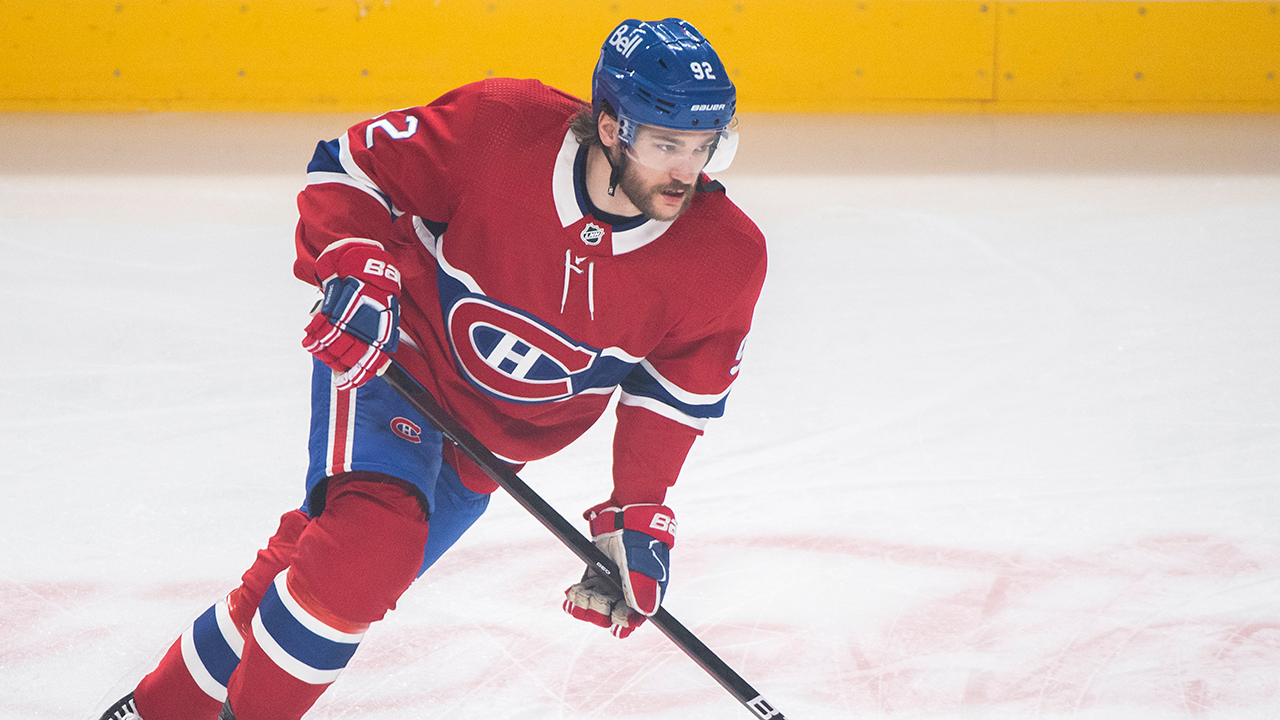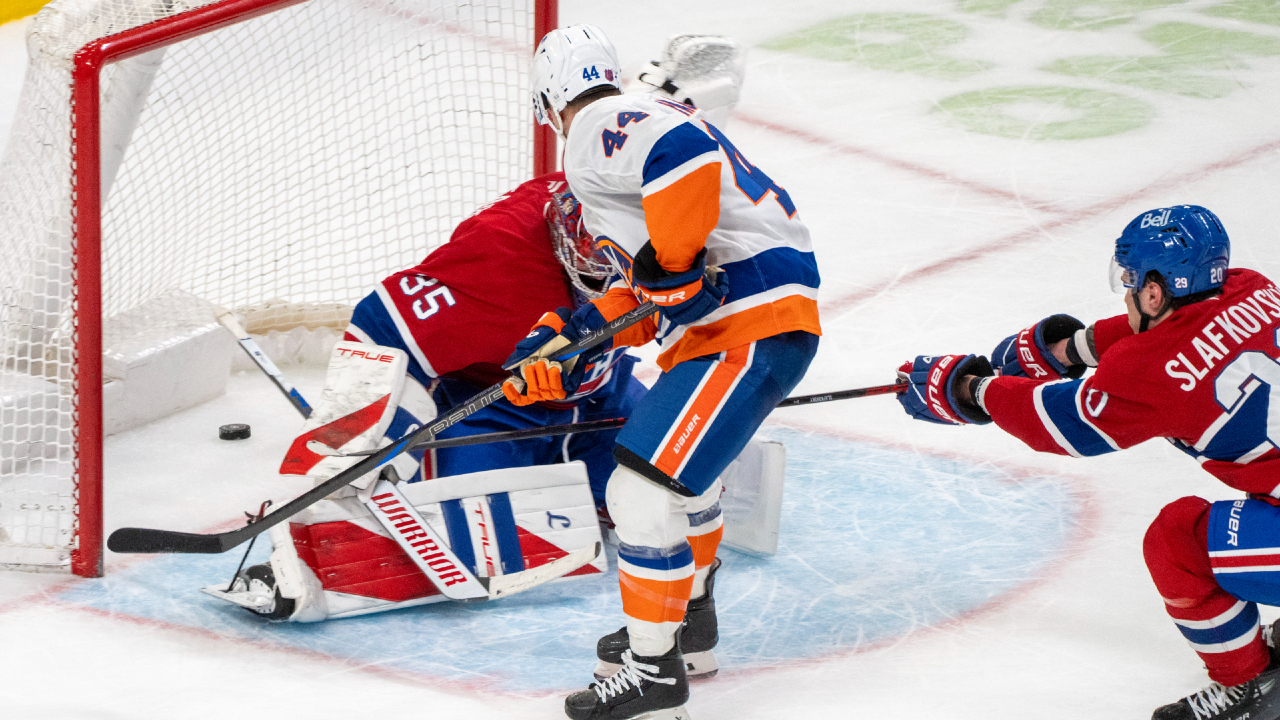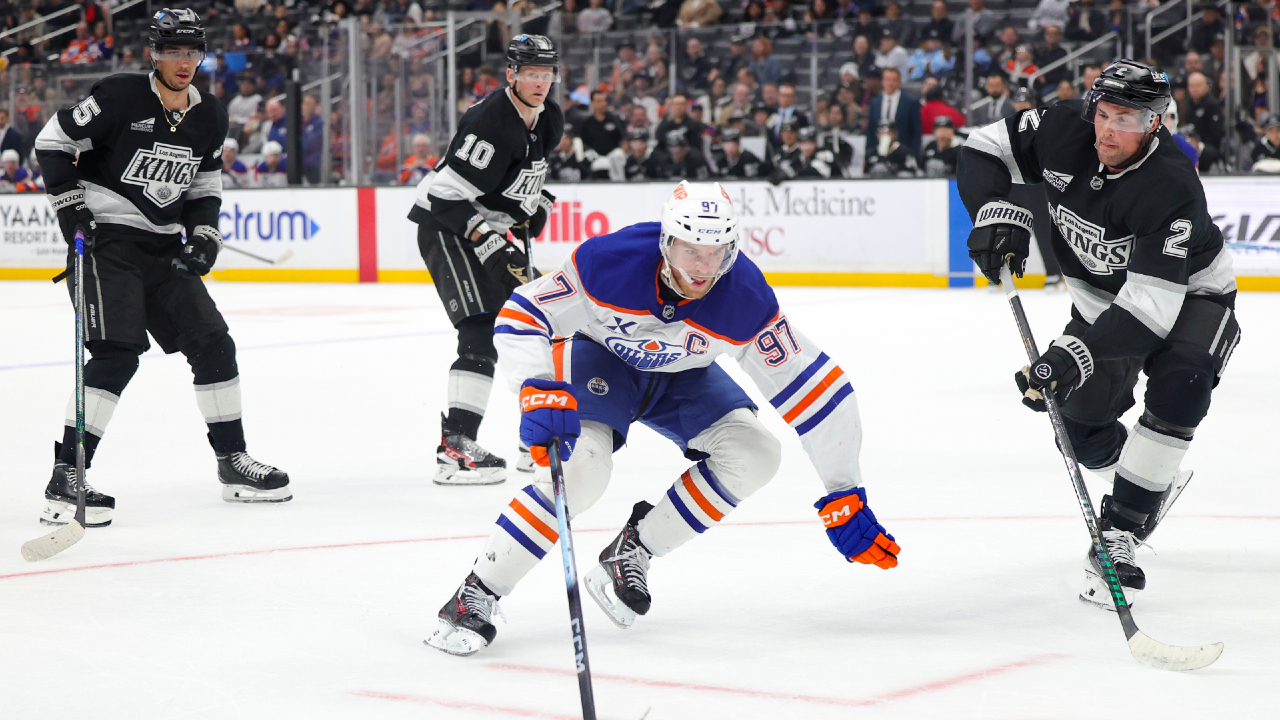
As COVID-19 spreads through the NHL, and the cities its teams play in, players are being confronted with the pressing uncertainty of the pandemic once more.
For some, the recent surge in cases has left them feeling uneasy about continuing to play — especially against teams currently facing outbreaks on their rosters.
“I’m not really comfortable playing against a team that has so many cases of Covid,” Montreal Canadiens forward Jonathan Drouin said Thursday, when discussing the possibility of facing the Boston Bruins on Saturday. “There are currently seven cases, but there could be three more tomorrow.”
The Bruins have been among the teams navigating coronavirus outbreaks in recent days, fuelled at least in part by the prevalence of the new Omicron variant. Brad Marchand, Craig Smith, Patrice Bergeron, Jeremy Swayman, Trent Frederic, Anton Blidh and Oskar Steen were all in the league’s protocols as of Thursday evening.
“If we have any concerns over the next few hours, I imagine Geoff [Molson, the team’s owner] or Jeff [Gorton, the team’s general manager] will speak to the league,” Canadiens coach Dominique Ducharme said. “I find that we have enough things to take care of on our side than to manage the Covid of the other teams.”
The Bruins, prior to puck drop on Thursday against the New York Islanders, also announced that an unnamed member of the team’s staff was placed in the NHL’s COVID-19 protocol.
“I don’t feel comfortable,” Drouin said. “This is not what we were told with the vaccines for this year. I know things are changing. Like I said, it’s not ideal.”
Research on the Omicron variant, which was first identified in November in Botswana and South Africa, is still developing. However, since its initial discovery, the data so far show it is highly transmissible and less susceptible to vaccines than other variants of the coronavirus.
By the end of November, the World Health Organization had labelled Omicron as a “variant of concern.” Since then, according to the W.H.O., it has been identified on every continent except Antarctica.
Early Omicron cases have raised hopes that the variant might cause milder disease than other variants, though it is too soon in the research process to know definitively if that phenomenon will continue.
The rate at which Omicron is doubling means that it may become the dominant variant of the virus in many countries, including Canada and the United States, soon and yield newfound highs in infection numbers. For the Canadiens locally, the spike in cases led to the temporary shuttering of the Bell Centre, their home arena, as the province of Quebec attempts to stem infections.
The Canadiens played Thursday’s game against the Flyers in an empty arena, and there has been no official word from the league over whether or not Saturday’s game is in jeopardy.
“It will be up to the NHL to decide if we continue or if we stop,” Drouin said. “But I would say it’s not really ideal.”
Editor’s Note: The COVID-19 situation, in the NHL and around the world, is constantly evolving. Readers in Canada can consult the country’s public health website for the latest.




